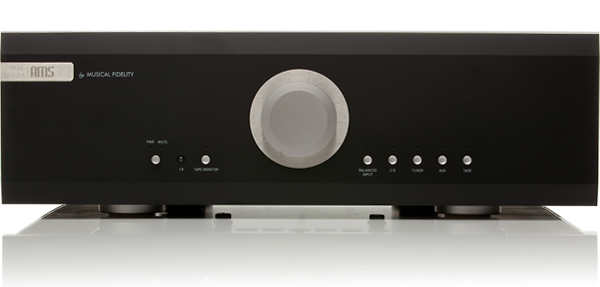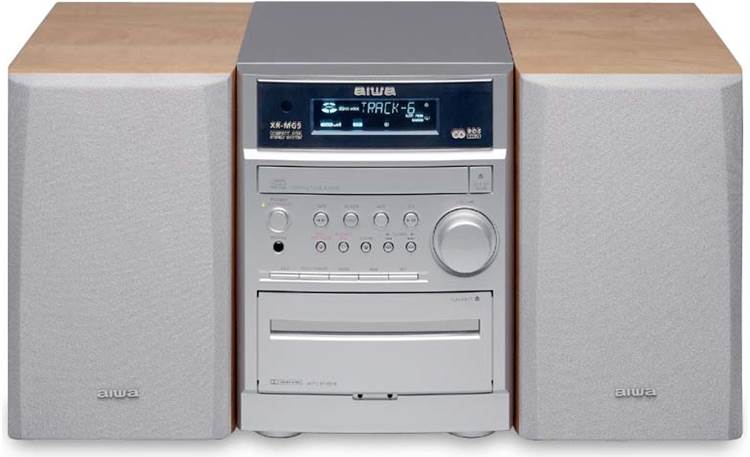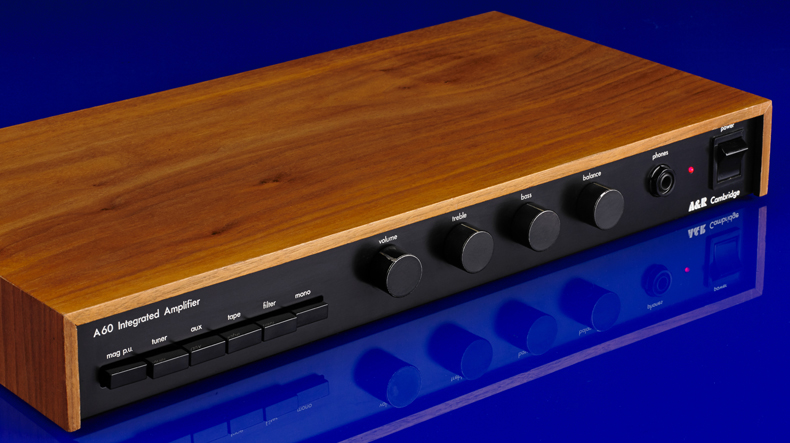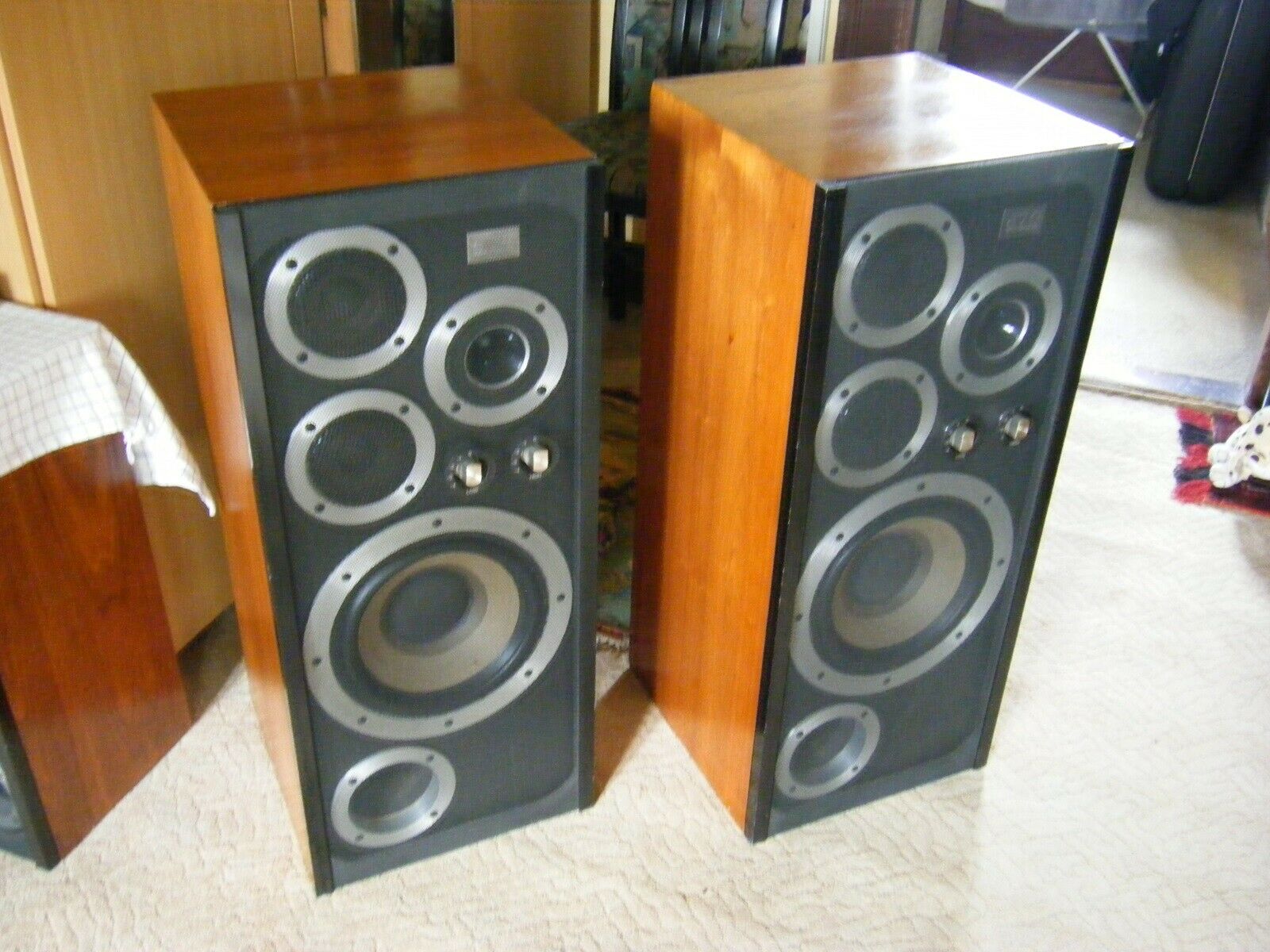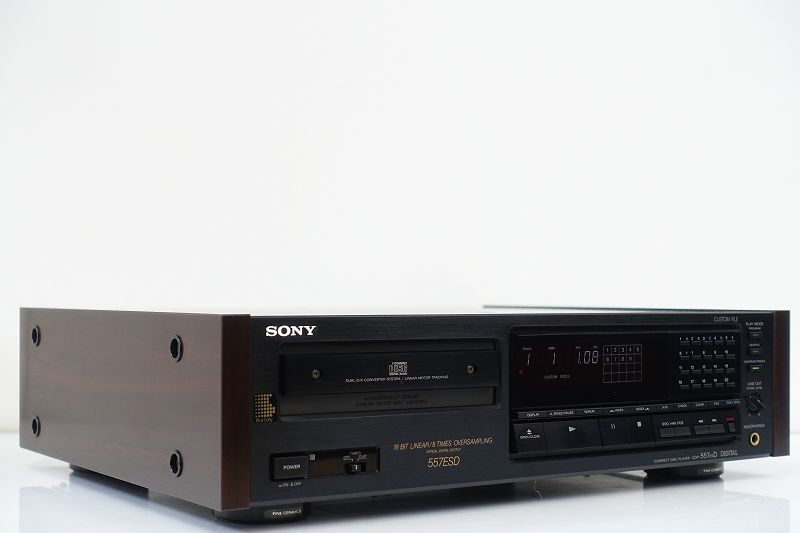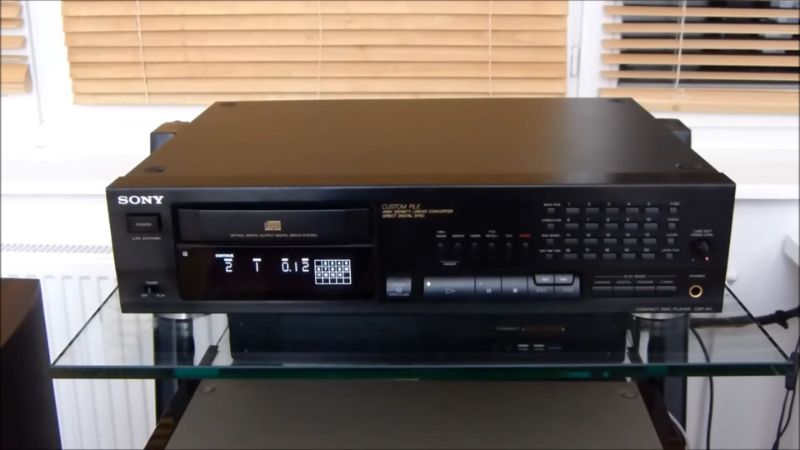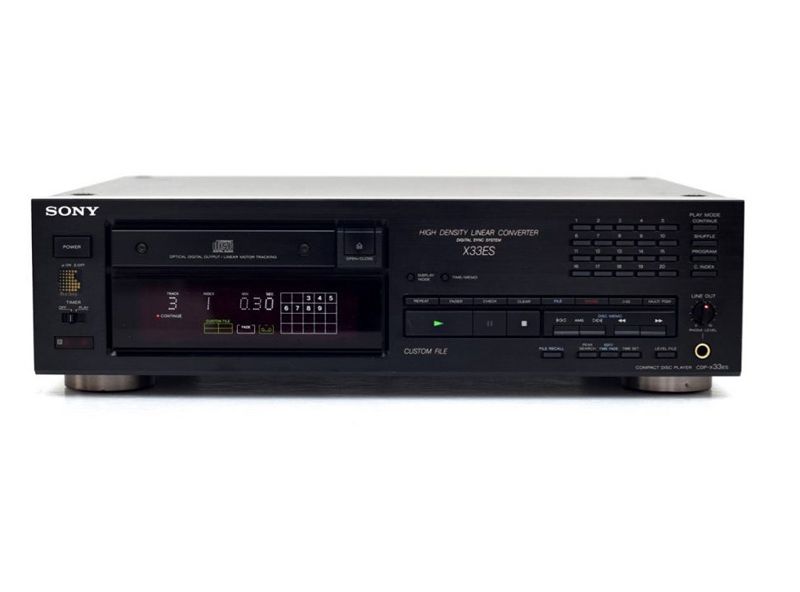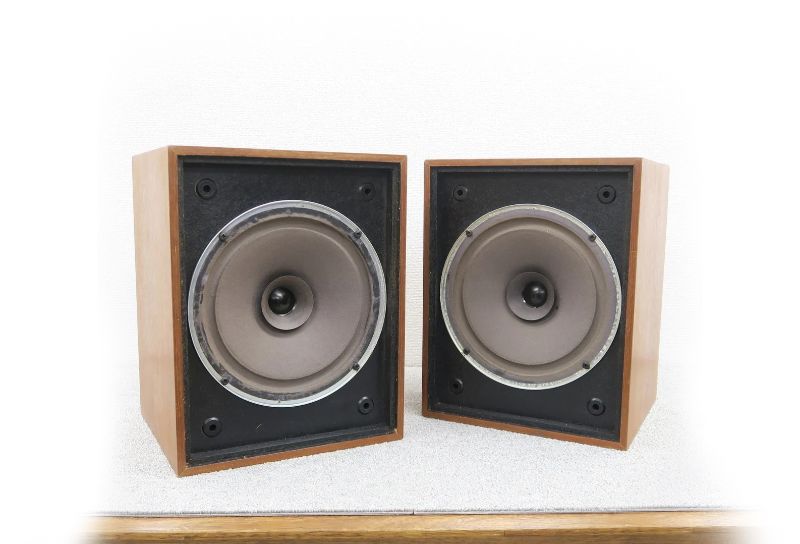Musical Fidelity A1 Review
Tim de Paravicini, a bright former Lux designer who had previously worked with Antony at Michaelson and Austin, was the logical choice when Antony Michaelson needed his first Musical Fidelity integrated amplifier. Tim told me that the A1 started out as “a breadboard that I created for myself” in order to “replicate in transistors the […]
Musical Fidelity A1 Review Read More »



